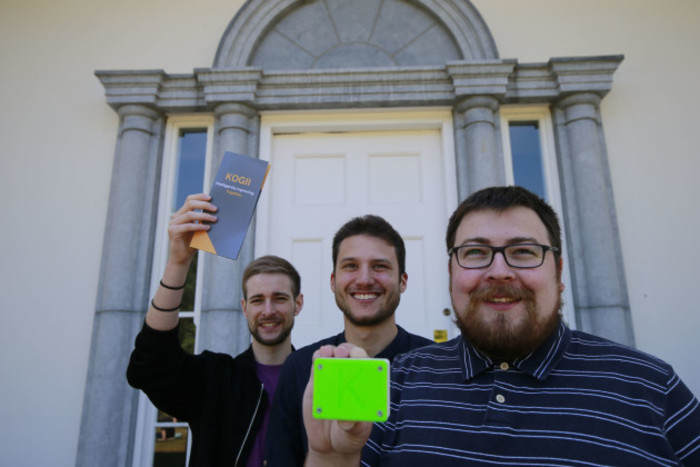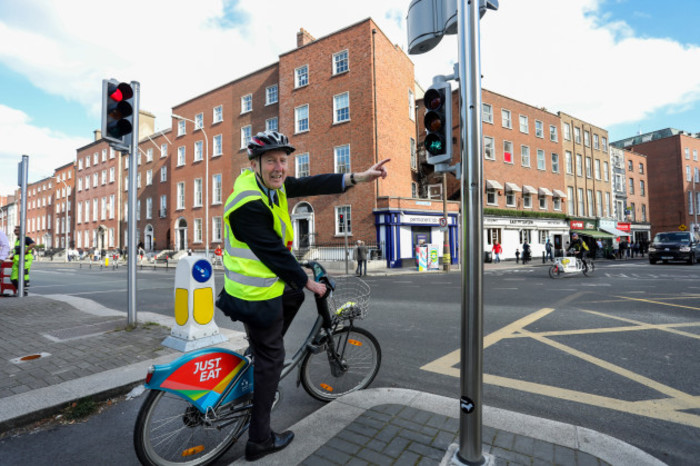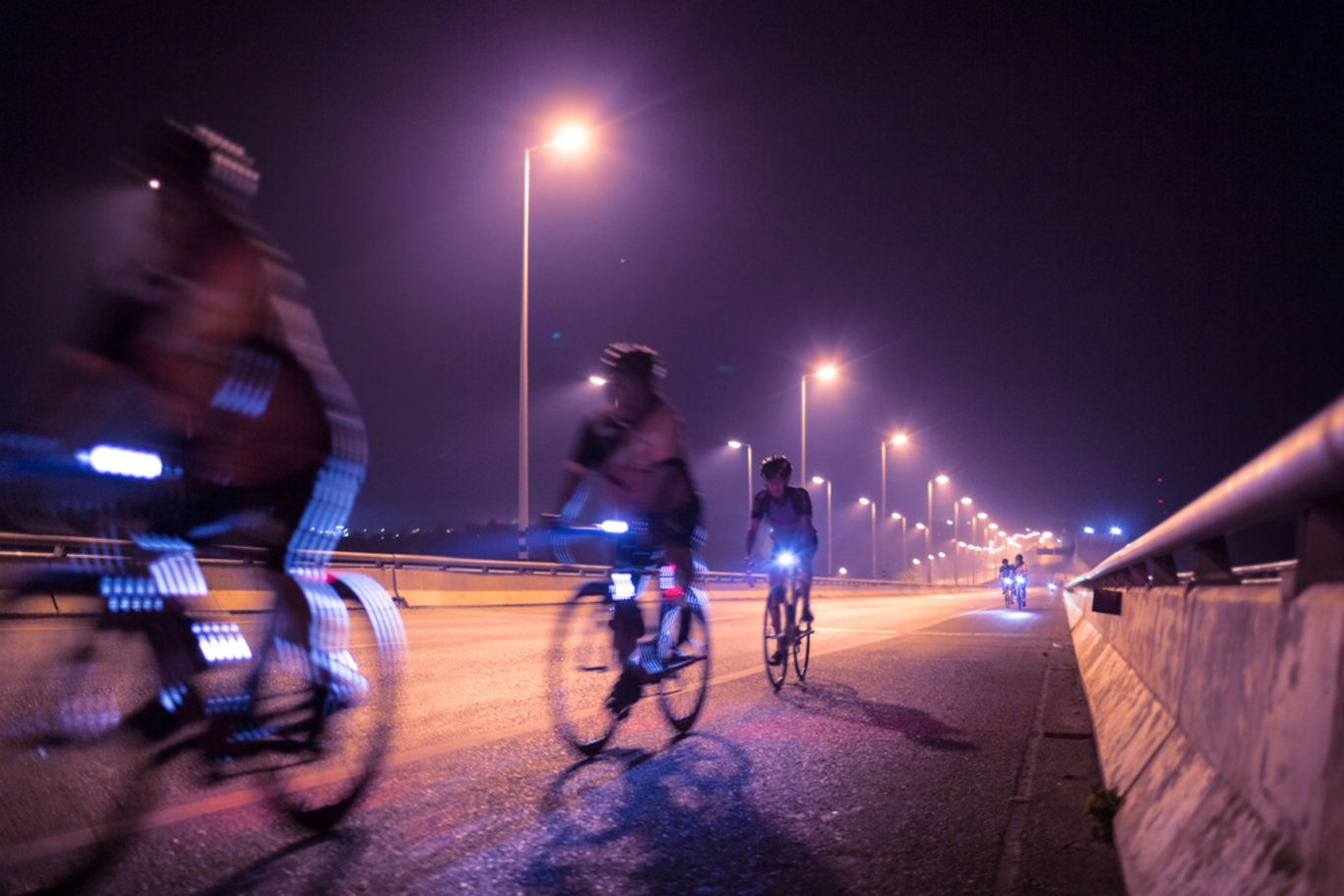Kogii wants to help fix cycling black spots with its smart bike light
As part of our weekly Startup Spotlight series, we profile the Dublin company.
“THERE ARE SO many novelty inventions in the cycling industry, we don’t want to be one of them.”
Karl Roe recognises that cyclists are often sceptical of the many lighting and safety gizmos that are foisted on them.
A cyclist himself, Roe has experienced first-hand the risks that those on two wheels face when taking to the roads.
While doing his master’s in computer science in UCD and biking to and from college, he got the idea for his startup Kogii, which develops a smart bike light that provides data on areas that are particularly dangerous.
“(In college) we were told to look at some kind of product that might be able to solve some problem using sensors. It was that project that inspired us to create the smart bike light,” he says.
Along with co-founder Callan Eldon, Roe developed the light, which is paired with a cyclist’s smartphone via bluetooth.
 Karl Roe (left)
Karl Roe (left)
“When the light detects a dangerous event, it will send that information to the phone,” Roe explains.
“The phone will store where that happened with GPS, the time and the date, and then at the end of the cycle that data is anonymously sent to our database to be stored.”
The data is analysed and relayed in visual maps for the users to see where and how frequently incidents happen. Kogii aims to create a community of cyclists who will generate data for one another in order to increase awareness of danger spots.
Sensors
The light uses a proximity sensor, similar to that seen in cars, but also a gyroscope and accelerometer to detect how the cyclist is moving.
“If a cyclist is weaving around a lot, we might be able to determine that in this location there’s a lot of close contact with cars – but that does not necessarily mean that the road is more dangerous. So we’re also going to be looking at if the cyclists fall over,” Roe says.
The data provides hard evidence of the challenges faced by cyclists, he adds, because a lot of bike accidents and collisions aren’t reported.
“When you start combining the information together – if cars and bikes are coming into close proximity with you all the time and there’s a lot of accidents, crashes or dismounts – then we can start drawing conclusions on if one place is more dangerous than the other.”
User numbers
Kogii’s idea will live or die by being able to encourage sufficient users to buy the light and generate the necessary data, which it may eventually try to turn into another source of revenue.
“The very bottom line of the product is that it’s a light; we need to be able to sell lights, and we need them to be competitive because it’s a competitive market.”
The startup is considering supplying an initial, free version of the device to get it into the hands of early adopters.
In the longer-term, Kogii will look at providing its anonymised data to governments, city councils and infrastructure engineers to assist in developments.
“There’s never been anything quantifiable in terms of what we need to do. I come from a scientific background, everything you do should be evidence-based,” Roe says.
“We shouldn’t just go on a whim with, ‘we’ll whack a cycling lane here’, or throw this there. We want to actually understand what the problem is.”
In September, transport minister Shane Ross announced €400,000 in funding for Dublin city council for cycling safety.
 Transport minister Shane Ross
Transport minister Shane Ross
That funding will see the installation of cyclist detection technology at junctions to monitor and regulate traffic flow, but the initiative will only cover 40 junctions in the city.
“If they wanted to understand all of the roads, you can see that it’s not financially feasible to do it,” Roe says.
“There’s only so much money they can spend in terms of developing infrastructure for cyclists. We want to identify the areas that will be of most benefit to cyclists if something is done. The only way we can determine that is with data.”
Kogii is based out of UCD, having taken part in the VentureLaunch accelerator programme. It recently picked up an award at UCD Startup Stars Programme.
It now needs funding to advance the startup and is hoping to secure between €100,000 and €150,000 within the next few months.
“The sooner we get the funding, the sooner we get to roll them out. We need investment to get these things from the factory and out there.”







